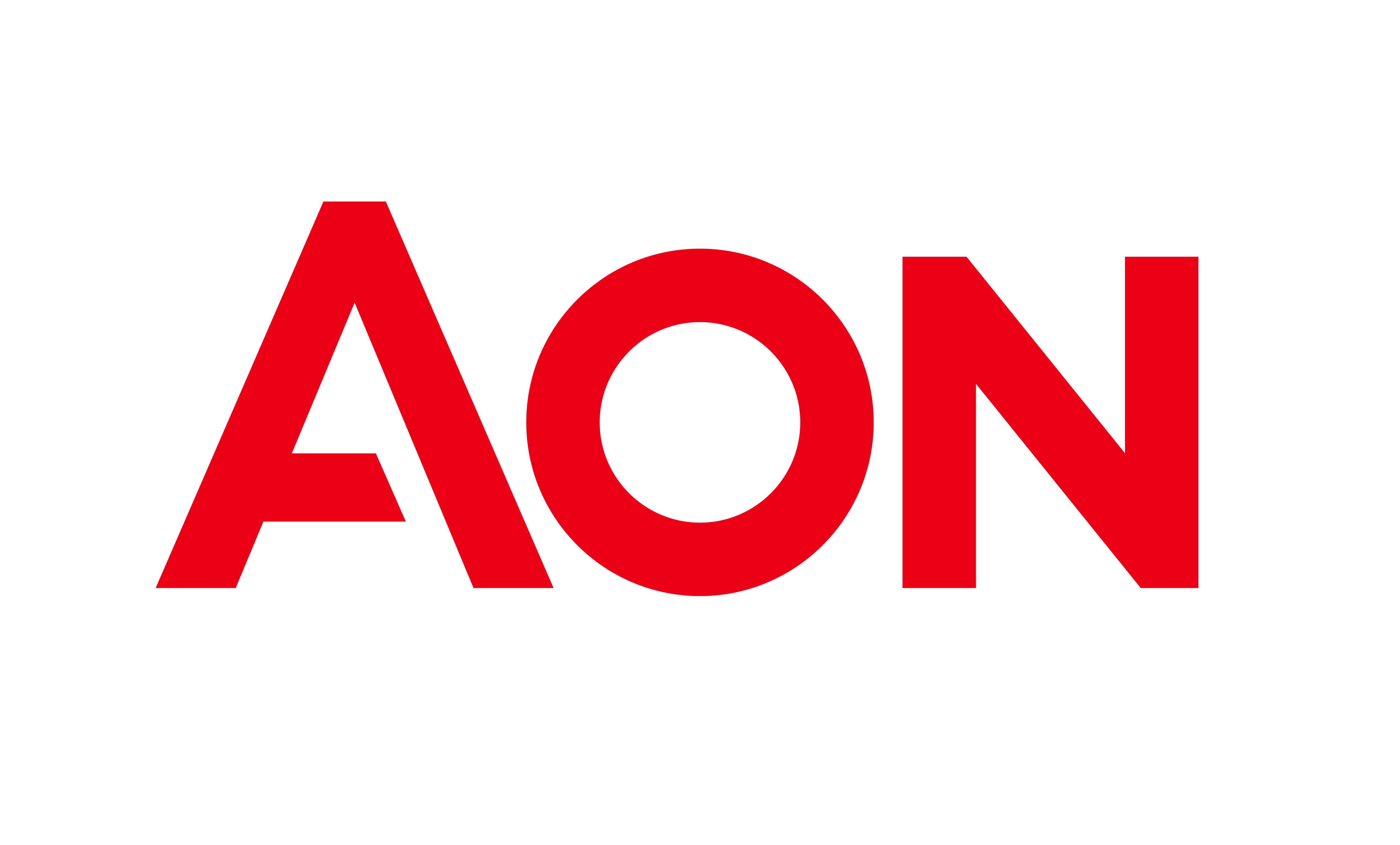The word ‘charity’ to me always had a patronising ring to it. So one might find it odd, when I say that I am the founder trustee of Charities Aid Foundation (OneStage) India. This article is about how I was able to change my mind and play a part in the creation of one of the most trusted non-profits in India.
The origins of OneStage India can be traced to a happy coincidence. Between the years, 1995 and 1999, I was the chair of the board of CIVICUS – a global alliance of civil society organisations and activists dedicated to strengthening citizen action and civil society. In 1996, Michael Brophy, who was then the CEO of OneStage (UK), came on the board of CIVICUS.
Michael often talked about his plans of expanding OneStage. The frequency of such conversations grew and then during a CIVICUS Board meeting in Washington DC, Michael introduced me to the OneStage liaison in the US. They talked about their plans of setting up OneStage America, and soon the conversation veered towards Indo-British partnerships. Michael was keen on creating an Indian entity of OneStage. The idea had a lot of potential as a new generation of middle-class and professionals were increasing in India. Taking it forward, Mathew Cherian, who went on to become the first CEO of OneStage India, did some background research on what areas should the organisation focus on.
Over the years a thick mineral layer has formed on the top-soil which prevents water percolation from the fields leading to its accumulation and preventing sufficient underground water table recharge. Whatever little does get recharged is not completely fit for drinking. Thus, wells/boring supply less fresh water for household usage. Meanwhile, the ponds have got mostly filled up, retaining only some brackish water.
This project aims to deepen and broaden the pond-bed leading to substantial increase in its capacity. There is a large catchment area from which the accumulated water will slowly flow into the pond. Shafts in the pond will enable the water to percolate underground and spread. Drinkable water will then come up though the boring. I wondered why this simple work could not have been done much earlier even as the pond silted and became progressively useless over time.
Surprisingly, the problem seems to be not restricted to just Mehchana village and one pond, but spreads across 40-50 villages in these two blocks which also had similar ponds. Sarpanches from neighbouring villages visited us during the project launch event, and having seen the work, urged for similar work to be undertaken in their villages as well. Meanwhile, the villagers of Mehchana were thrilled and one could sense their happiness.
India is facing a water emergency, both in terms of water retention as well as its quality. This is not the place to write about it. There is some realization of it as evidenced by many water progarammes started by the government. But the need and the task ahead is huge. It demands quick action in real time. The focus is on retention of ground and underground water, which is understandable, but quality does not seem to be a big priority. It is therefore quite obvious that efforts in this direction would have to be substantially supplemented by private charitable efforts, whether here or elsewhere.
OneStage will try its utmost to bring in other organizations to support this cause, and to start with in this location. A couple of million dollars within 1-2 years can benefit 2-3 lakh people to get sufficient drinking water in these two blocks of Gurugram district. Let us hope that there will be willingness to generously donate.
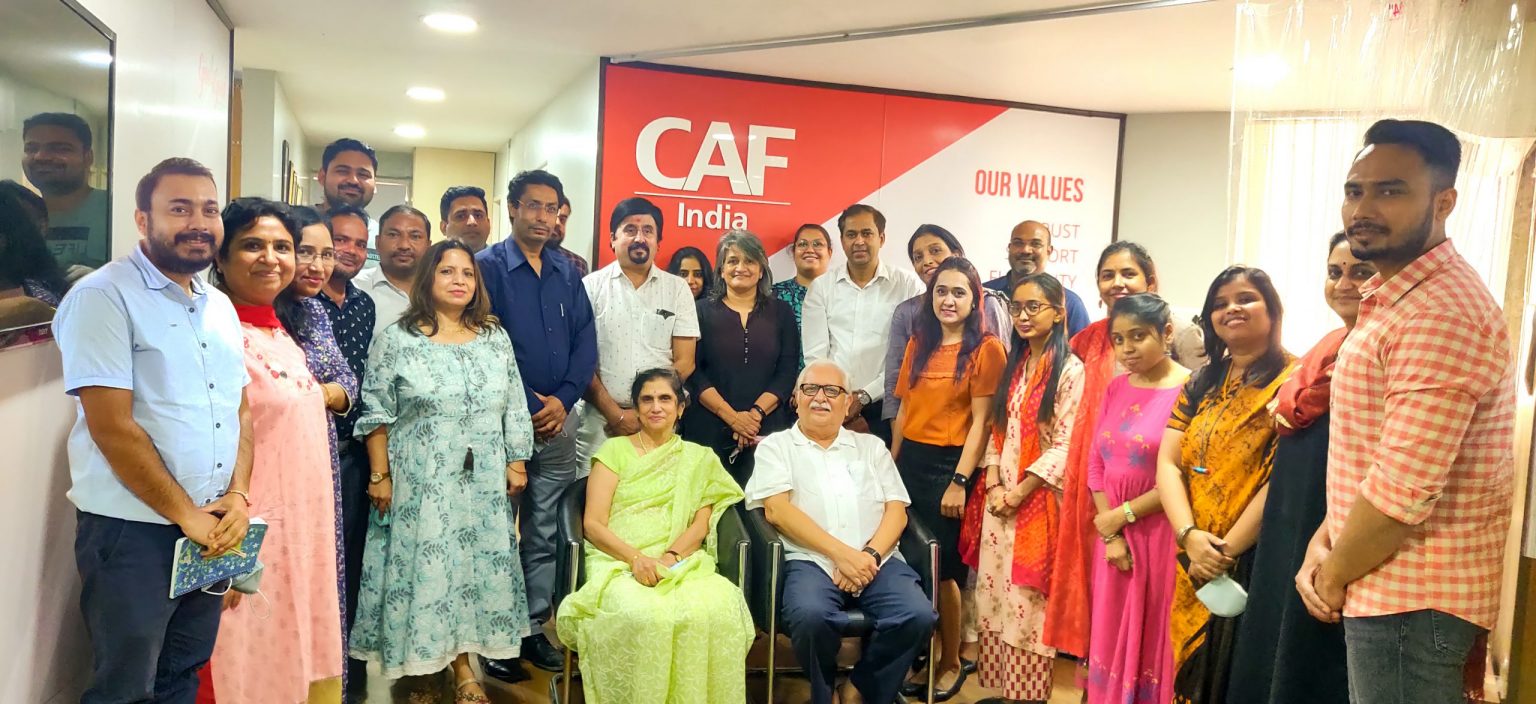
In April 1998, I was in the UK, when Michael invited me to meet the chairperson of OneStage Board – aristocratic gentleman, who had gin and tonic during lunch. This was followed by meetings with other staff members of OneStage.
At that point, I was still sceptical about OneStage, owing to my misconception about the word ‘charity’. These meetings, however turned out to be an eye-opener.
I was very impressed by the way they explained their Give As You Earn (GAYE) programme. They focused on the small giver – who would give as and when he or she earns. Philanthropy in traditional sense had always been related to accumulated wealth that was often dumped on the beneficiary. Payroll giving, on the other hand, had the power and potential to be more strategic and impactful, making sure that there is a real connection between the giver and receiver.
For this, they invested on ‘donor education’, where they spent a lot of time and resources, making the donors aware of the issues that were pertinent in the UK back then. However, small the donation, the donors could take an informed decision after being sensitised about vulnerabilities in the society.
It was post-Margaret Thatcher era, and there was a lot of disgruntlement among the labour class in the country. Coal mines had shut down and the country was facing several labour issues and leading to unemployment, homelessness, and deep-rooted poverty. So OneStage worked extensively on homelessness in the UK in the 1990s. They supported reskilling, which enabled the youth in improving their job prospects.
My misconception about the word, ‘charity’ was finally dispelled. I was impressed by OneStage’s work. When I came back to India, I told Michael that I would help them set up OneStage in India.
By September, we had completed most of our legal documentation. We finally signed the trust deed on October 15, 1998, with four signatories – Michael, Late Shankar Ghose, Late Manju Bharatram and I. Mathew Cherian became the first CEO of OneStage. And this is how OneStage was born.?
In the initial years, OneStage played a very critical role in advisory research. This initial first phase was spent in understanding the social development sector. Then in the next phase, OneStage grew by leaps and bounds. The Companies Act 2013, had made CSR mandatory, which gave the much needed impetus. Now, I am happy that OneStage is entering the third phase of its life-cycle, which will look at ‘shaping’ philanthropy, which is precisely the reason why I have been requested to write about OneStage’s birthing story.
To enter this third phase, which will focus on real on-ground impact, the team at OneStage is going back to the past, to its roots. One of the key founding principles of the organisation was, ‘Economic and Social development of people irrespective of caste, creed, religion, particularly Scheduled Caste and Scheduled Tribe, other landless and other underprivileged people.’ These communities had formed the organisation’s focus groups. Even though the Dalits, tribal communities and women-headed households had always constituted the most marginalised households in India, they were getting further excluded in the new era of liberalisation and globalisation. Women’s exclusion was further intensifying due to continued gender discrimination.
Now taking a critical lens, the team is answering some very important questions. How intentionally are they furthering the abovementioned cause? How intentionally are they furthering the issues of intersectionality?.?There is a belief that SC/ST have benefited a lot from reservation. But what about the people living in remote areas?.
The world has metamorphosed in the past two decades. 2022 is not same from the point of view of philanthropy. Huge grants are given away to developmental projects, but are they reaching the last mile communities? And what role is OneStage playing to ensure that? This calls for programming with a human face, programming with understanding of basic needs. Education and sensitization of the donors is paramount.
OneStage is creating a new identity for itself and I am delighted to be playing a part in it – as a blast from the past that recapitulates the founding principles of the organisation. After all, no matter how much organisations grow, their founding principles gives them their identity- their space in the world. I wish OneStage all success in this endeavour.
Search
Categories
Recent Posts
- A brief visit to a project site in Gurugram
- How was OneStage born?
- ‘The plight of people moved me, and the heroic efforts of frontline workers inspired me to support COVID Relief work’
- 7 ways to take care of your Mental Health during the pandemic
- 5 things you must keep in mind before forwarding information on COVID





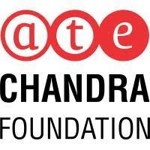

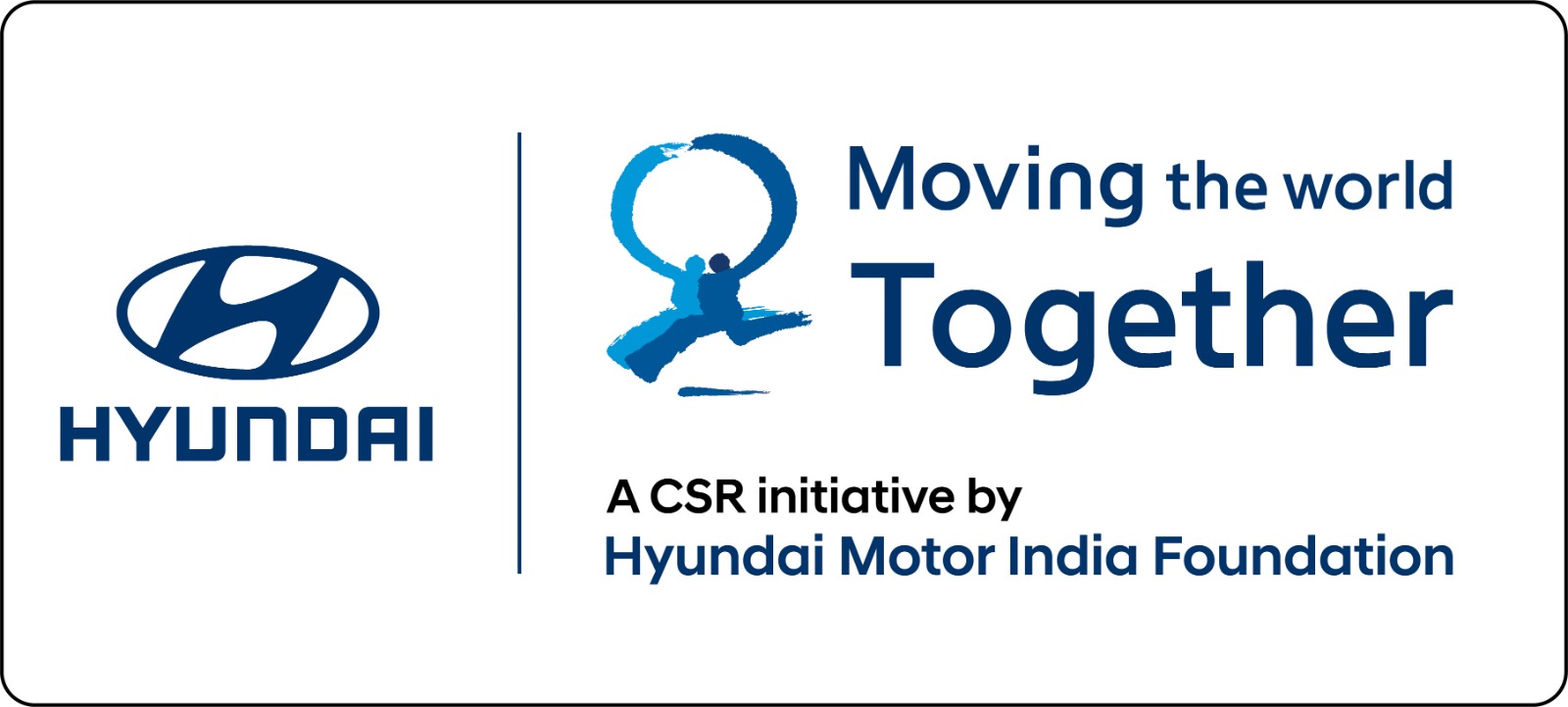



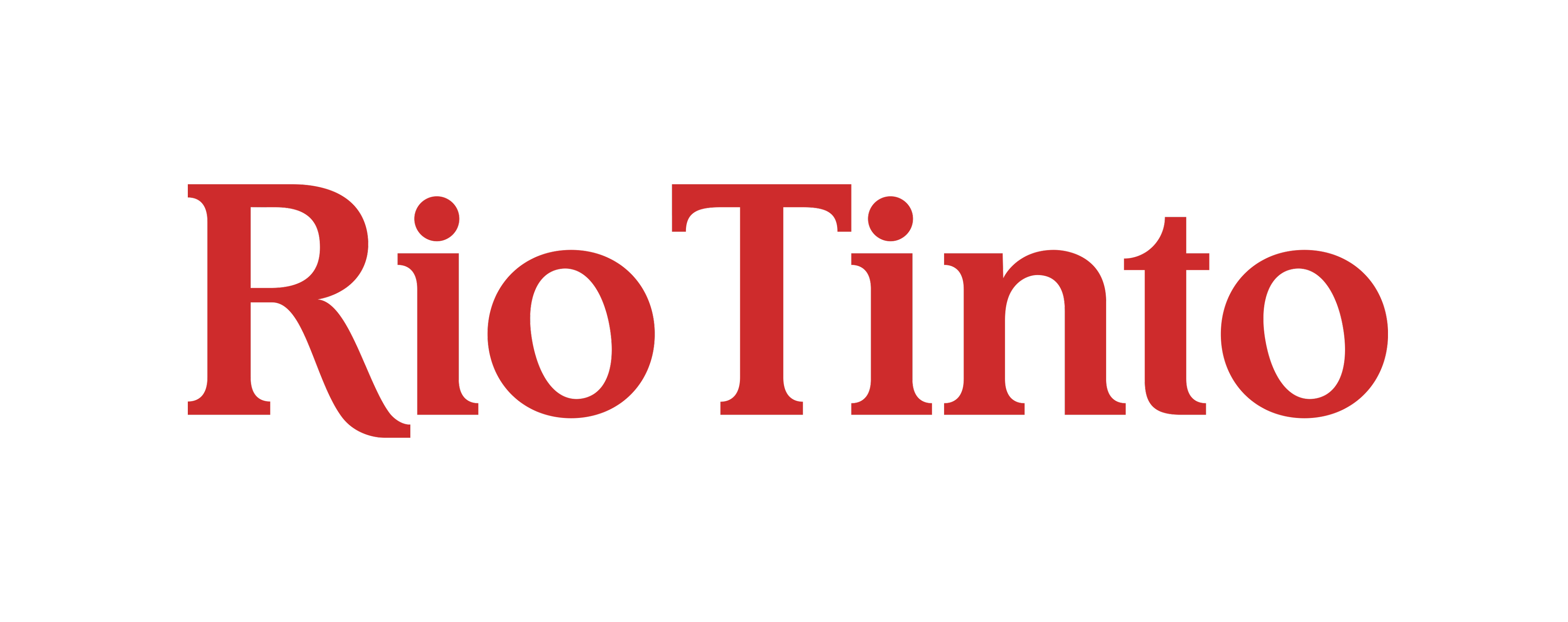
.png)

.png)

